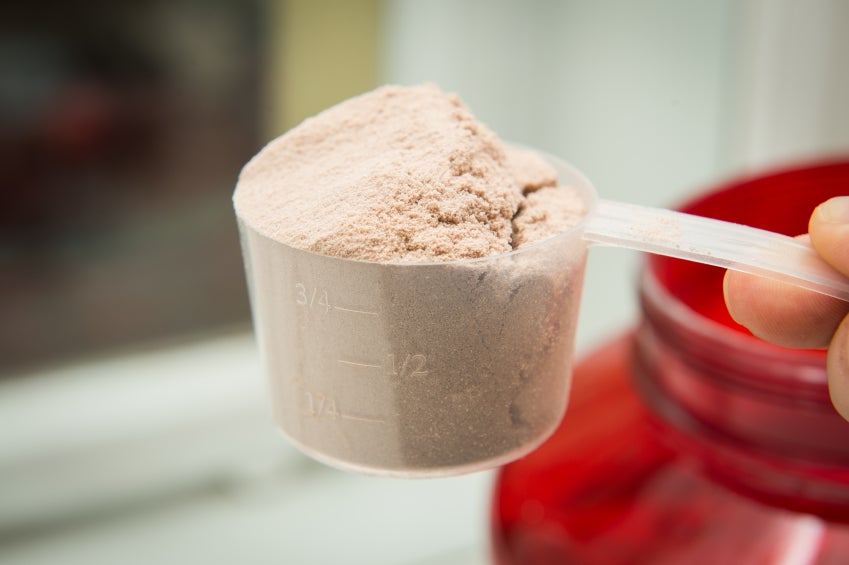
Bailey Bariatrics dietitian Rene Norman, RD/LD, shares this tip to better understand what is really going into your protein shake.
Sometimes words can trip you up. We talk a lot about finding a protein shake that you like. Generally, a protein supplement is a protein powder and the protein shake is the liquid form, whether as a protein powder mixed with a liquid or the ready-to-drink protein shakes. Our guidelines state a protein shake needs to have 20 to 25 grams of protein, five grams or less of carbohydrates and three grams or less of fat. This ratio of protein to carbohydrates allows your body to start burning fat.
When it comes to a protein smoothie, that’s a different story. A smoothie generally provides extra carbohydrate as fruit, fruit juice or added sugars. Recently, a patient listed a drinkable yogurt smoothie as her “protein drink.” It had 12 grams of protein and more than 20 grams of carbohydrates. This patient really focused on protein, but forgot to check out the other nutrients. A quick check of the nutrition information of small servings of “healthy” smoothies from smoothie shops showed that some of these drinks have a least as much sugar as a can of pop! So much for healthy, right?
If you have a protein shake you like, compare your shake to our guidelines to see if it measures up with enough protein and low amounts of fat and carbohydrates. It will likely take several tries to find a protein shake you will like.
We provide guidelines in our consultation that list many brands that fit in our guidelines and where you can find them.
Protein Supplement Guide
- Daily protein needs are generally 60 to 80 grams for women and 80 to 100 grams for men or as directed by the dietitian, nurse practitioner or physician. Patient’s labs will be tracked to maintain a healthy protein status.
- Before surgery, a patient’s body can absorb a maximum of about 25 grams of protein at a time. The goal is to spread protein intake out evenly through the day.
- For a six to 12 ounce serving, protein supplements will need to have:
Protein: 20 to 25 grams
Total carbohydrate: 5 grams
Total fat: 3 grams
Extra Protein Supplement Tips
- Akin’s Natural Foods offers a money back guarantee on all products.
- GNC and Discount Sports Nutrition offer memberships with discounts for future purchases.
- Look for sample packs. Some are available to buy or ask an associate if any free samples are available.
- Whey protein isolate and concentrate, powdered egg white and soy protein isolate are the best forms of protein in supplements, especially whey protein isolate. Avoid collagen or hydrolyzed collagen. These are NOT appropriate for bariatric patients.
- Whey protein is well known to help build muscle and support immune system. This is considered the very best protein source to have. Whey protein isolate is best for this.
- Your tastes change after surgery and you could be stuck with something you can’t use. Avoid buying things in cases or bulk.
- Protein bars may be eaten around two months following surgery. Choose crisp or breakable bars Avoid dense or chewy bars. Watch for sugar alcohols, which can be a laxative.
